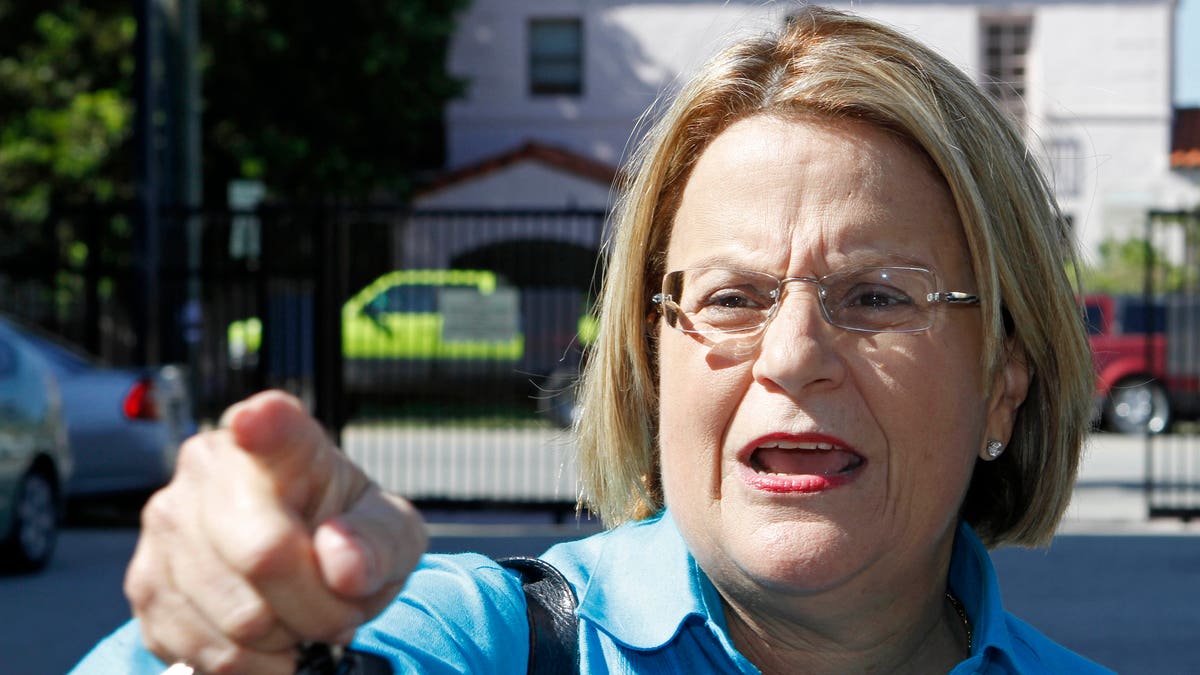
FILE: In this photo taken Nov. 9, 2010, Rep. Ileana Ros-Lehtinen, R-Fla., talks to a reporter in Miami Beach, Fla. (AP)
WASHINGTON -- Newly empowered Republican lawmakers are taking their first shots at the United Nations, depicting it as bloated and ineffective as they seek to cut U.S. funding for the world body.
On Tuesday, a House of Representatives panel will air criticisms of the U.N. at a briefing that will prescribe congressional action.
Republican U.S. Rep. Ileana Ros-Lehtinen, who will preside over the briefing as chairwoman of the House Foreign Affairs committee, is seeking cuts and has introduced a bill intended to pressure the United Nations to change the way it operates and to make dues voluntary. She also is promising investigations into possible corruption and mismanagement.
"The fact that the U.S. continues to contribute billions of taxpayer dollars every year to an unaccountable, unreformed U.N. is no laughing matter," she said in a statement.
Congress at various times has withheld funding from the world organization, but last year, under Democratic leadership in both the House and the Senate, the United States paid its dues in full as well as some back dues.
The United States is the largest single contributor to the U.N. responsible for 22 percent of its regular budget and 27 percent of the funding for its peacekeeping operations.
Tuesday's briefing comes as Republicans are pressing for broad spending cuts as they seek to reduce the U.S. budget deficit. Where those cuts should be made will be a major issue as Obama appears before Congress several hours later to deliver his annual State of the Union policy address.
The United Nations has long been a target for conservative U.S. lawmakers. Investigations by Republican-led congressional panels in the last decade helped spur an independent investigation into the U.N.-run oil-for-food program in Iraq.
Peter Yeo, executive director of the Better World Campaign, which advocates U.S. support for the United Nations, says he expects Tuesday's briefing will mark the "beginning of a long examination" by congressional Republicans. But Yeo, who will appear before the panel, says he hopes to convince lawmakers that the United Nations is a good bargain for the United States.
"The U.N. serves our interest in a cost-effective way to promote global security," he said.
He also pointed to U.N. changes already carried out, including creation of an ethics office in 2006.
It is unclear whether the Republican critiques will lead to cuts in the U.S. contribution. Ros-Lehtinen's bill probably would face resistance in the Democratic-controlled Senate and from the Obama administration.
U.N. dues must be financed through annual congressionally approved spending plans and are thus subject to approval by both the House and Senate.












































